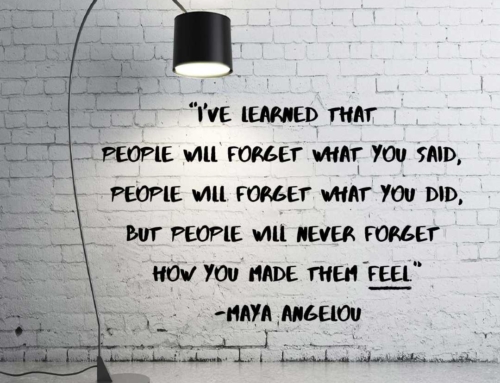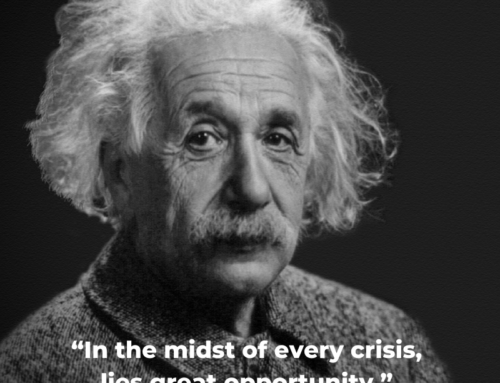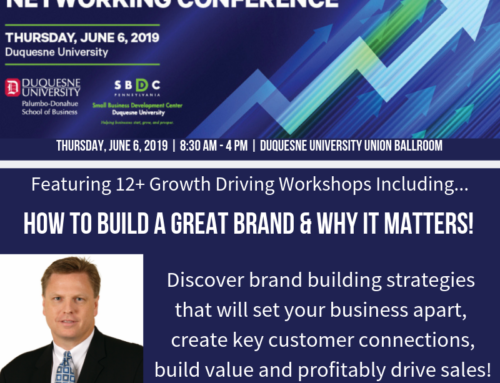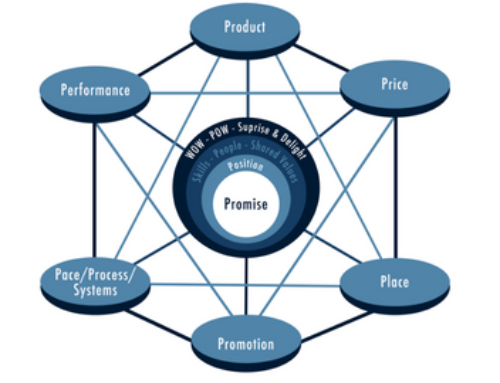 It seems to me that over the past few years, many of us have veered far away from sound thinking. Not just strategic thinking – simple common sense thinking too – and just about all other kinds of thinking in between.
It seems to me that over the past few years, many of us have veered far away from sound thinking. Not just strategic thinking – simple common sense thinking too – and just about all other kinds of thinking in between.
I’ve always been one to strive for better ways to use my noodle and to put it to good use. Certainly, I’ve had my share of blunders, but when I carefully analyze them, I realize that I didn’t take time to think to make a sound decision, gather enough intelligence, come up with enough good ideas etc., and ACT!
I owe a great deal of my street smarts to my brothers and parents – especially my father. And, I owe a lot of my business savvy to several generous mentors over the years. Plus, I’ve gained a great deal of inspiration and insight into better thinking by reading a mini library of books.
I’ve spent my entire professional life in Marketing, and a few authors and books that have helped me in the marketing thinking field include David Ogilvy’s, Confessions of an Advertising Man; and, A Whack on the Side of the Head, by Roger Von Oech.
However, these books don’t even come close to scratching the surface for me. I read a new marketing related book just about every two weeks and several magazines, e-zines etc., Plus, I continuously drink the cool-aid and read and re-read the works of great thinkers like Edison, Godin, Jobs, Kawasaki, Peters, Reis and Trout and more.
A great tool I use is a gift (I paid for the tool, but it’s so valuable to me that I consider it a gift) I received from the innovation masters at IDEO (absolutely love these people). IDEO’s Method Cards have helped me to discover better design ideas.
Today, with so much information at your fingertips and the pace of new information coming at you fast and furious from so many sources, it is increasingly difficult to process it all and make sound decisions and act upon them.
So what can you do?
For me, I’ve found that John Maxwell’s book, Thinking For A Change: 11 Ways Highly Successful People Approach Life and Work to be very beneficial.
I enjoyed and got some use out of Malcolm Gladwell’s, Blink, whose POV is based more on the merits of intuitive, quick thinking rather than Maxwell’s critical thinking hypothesis – which I prefer – and when I take time to do it magical things happen.
Thinking For A Change’s case is based upon the hypothesis that successful people think differently than unsuccessful people and says that if you change your thinking, you will change your life. Yeah, I’d bet on that.
Here are the 11 thinking skills the book teaches:
1. Big-picture thinking – does your thinking extend beyond you and your world
2. Focused thinking – concentrate to find clarity on your actual problems
3. Creative thinking – think outside the box and find break through thinking
4. Realistic thinking – does your thinking have a solid foundation based in reality
5. Strategic thinking – is your thinking leading to ways for you to reach your potential
6. Possibility thinking – helps you find solutions to difficult problems
7. Reflective thinking – revisit history to gain understanding and learn from it
8. Popular thinking – question popular thinking and see if you’re simply rejecting the limitations of common thinking
9. Shared thinking – connect with others to expand and sharpen your thinking
10. Unselfish thinking – consider others and their needs
11. Bottom-line thinking – be focused on results
Maxwell also provides a lot of good examples of these thinking styles at work and I’m sure the book will help you become a better thinker. This is a great book for breaking down the critical thinking process and encouraging people to start thinking again. Especially during these fast times we live in where we all get a ton of new messages every day and information overload is overwhelming.
Maxwell’s book about critical thinking, whereas Gladwell’s Blink is a book about intuitive thinking. To think better you need to practice both methods.
P.S.: Check out some of Thomas Edison’s thoughts on creativity and hard work too. Lots of good books on old Tom. I loved At Work with Thomas Edison, by Blaine McCormick. Also, consider adding Edison’s Idea Quota into your daily routine!








